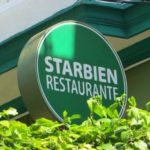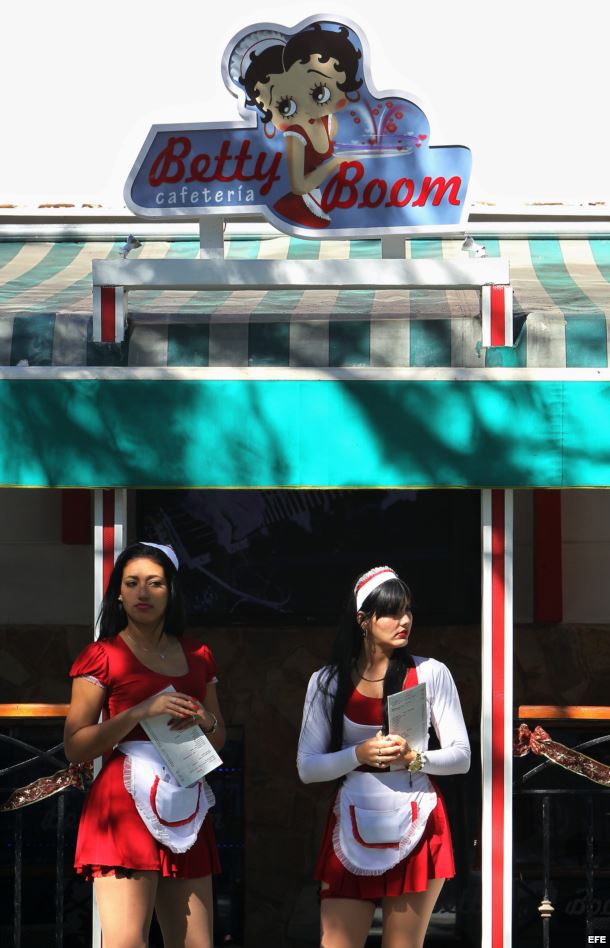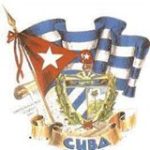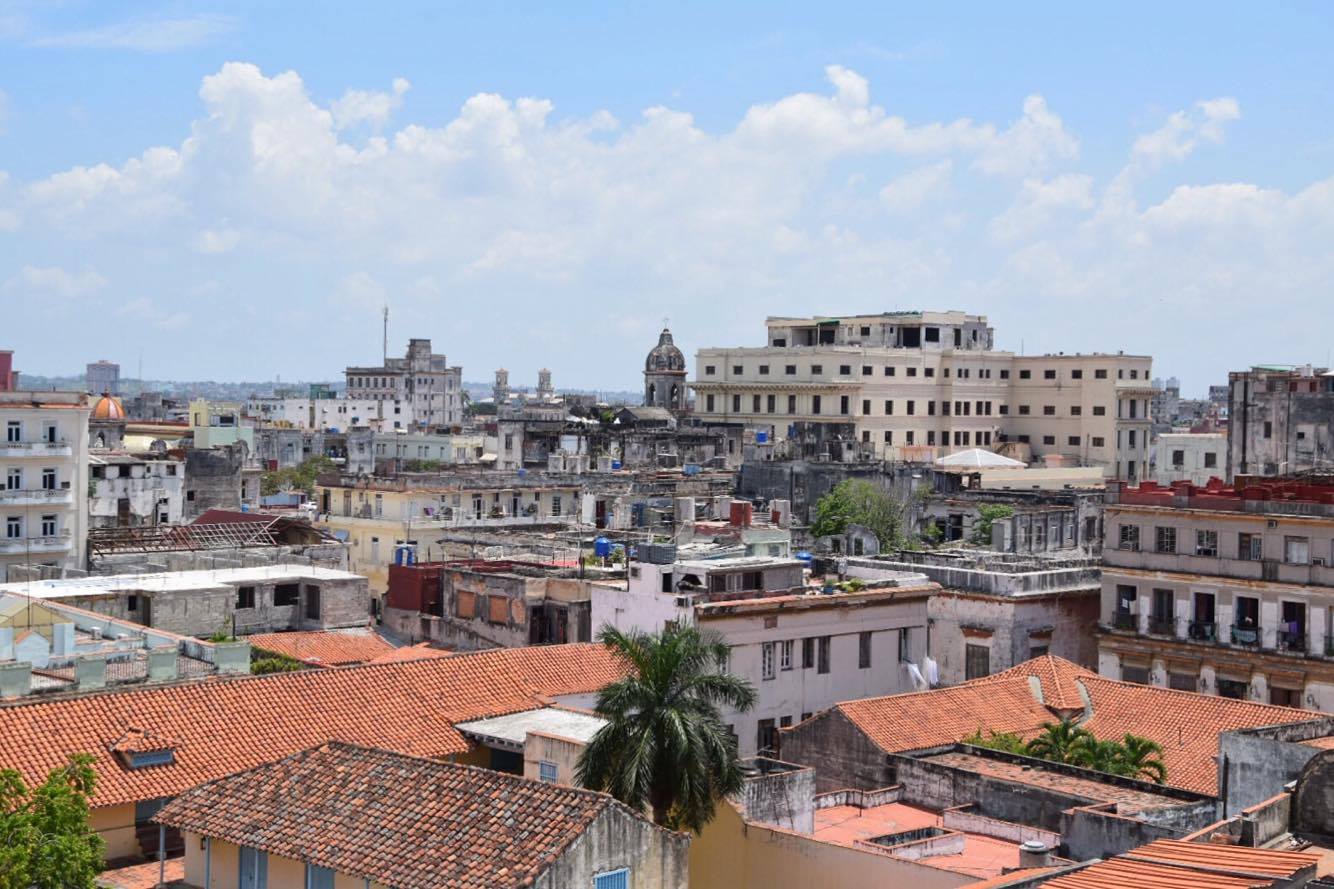In the island, where the salary average is around 25 dollars, there are not large loans Bank, or trade electronic and the State prohibits the accumulation of capital, the emergence of a new class half high (even of some millionaires silent) is expanding.
The negotiation was rapid. He paid around $70,000 cash for a House and a private bar and business owner changed. The downtown bar opened a couple of years ago and the initial investment was about $20,000. At ten months, already the tavern reported earnings. The new owner is gives an air to Gordon Gekko, the character that Michael Douglas embodied in the film “The money never sleeps”.
It is aggressive and cultured – and rare thing in Cuba, has toured Europe and South America. Buy works of art and antique furniture. Is owner of a Mercedes Benz and when comes to a store not repaired in those prices.
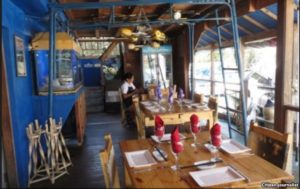
La Paladar de Santiago en Jaimanitas, una de las más caras de Cuba, se especializa en sushi y es frecuentada por los Castro (T. Díaz C)
They are not many in the island, but from 2010 to date, a discrete sector of people who move or have enough money comes is brewing. The amounts are insignificant in United States and other first world Nations. But in Cuba, where the average wage round 25 dollars, there are no large bank loans, or e-commerce, the State prohibits the accumulation of capital and suspects that a private entrepreneur is an alleged offender, the emergence of a new kind high (even some millionaire’s silent) is spreading, especially in Havana.
Within a sector from exile in Miami, there is a perception that prosperity within Cuba comes from the hand of the twists of remittances. It is true that many small businesses were founded with capital of migrants. Others are a kind of mixed societies, with money from relatives or friends on the other side of the pond, and whose profits are repatriated through the ‘mules’.
This pinata, where senior military and officials have been empowered to relatives, can think that the majority of nouveaux riches come from the elitist bourgeoisie green olive tree. That there are. The actual owner of the ‘paladar’ Star Bien, in Vedado, is a son of Abelardo Colome Ibarra, former Interior Minister and close friend close Raúl Castro. A segment of buoyant business owners are family or very well connected with mandarins of the status quo.
But those rich of double standards, which speak with tight mouth of the injustices of the world, condemning poverty, but drink Chivas Regal and purchased $5,000 watches, always existed in Cuba. To which I refer is of a new class that has no links with the Government. Yes, it is true, they have accumulated money financial cheating, violating rigid laws of private work and using double accounting in their business, because there is a legal way to make money in Cuba.
Yet they do not acquire yachts or luxury cars, but quietly, under the table, buy homes and businesses filed for bankruptcy, they learn to play golf on the 18-hole South of Havana, three times a year they rented 10 days at hotels five stars and more than one because it has gone on holiday to Rome or Moscow.
This select group dinner menus gourmet and exercising in gyms or spa of Havana hotels that charge 50 CUC for each massage session. Although they are not visible, dependents of cabarets, caliber clubs and bars of fashion in the capital, providing an exquisite treatment thanks to the succulent tips.
“I know to the owner of several business private that leaves of tip 40 pesos convertibles.” “Not are few them Cuban with bisnes that at the time of leaving tips are more splendid that the foreigners”, says a bartender of the Floridita.
These new rich are positioned without stridency. They tend not to attract the attention and likes to fly under the radar. They have good taste, academic training and think big. As the new owner of a bar in the southeast of the city.
Agencies/MartiNews/Ivan García, La Habana/Internet Photos/T.Diaz/Excerpts/ Arnoldo Varona/ TheCubanHistory.com.
THE CUBAN HISTORY, HOLLYWOOD.
![]() LOS NUEVOS RICOS EN CUBA, UNA CLASE DESCONOCIDA.
LOS NUEVOS RICOS EN CUBA, UNA CLASE DESCONOCIDA.
En la isla, donde el salario promedio ronda los 25 dólares, no hay grandes préstamos bancarios, ni comercio electrónico y el Estado prohíbe la acumulación de capital, el surgimiento de una nueva clase media alta (incluso de algunos millonarios silenciosos) se va expandiendo.
La negociación fue rápida. Pagó al contado alrededor de 70.000 dólares por una casa y un bar privado y el negocio cambió de dueño. El céntrico bar se abrió hace un par de años y la inversión inicial fue de unos 20.000 dólares. A los diez meses, ya la taberna reportaba ganancias. El nuevo dueño se da un aire a Gordon Gekko, el personaje que Michael Douglas encarnaba en el filme “El dinero nunca duerme”.
Es agresivo y culto -y cosa rara en Cuba-, ha viajado por Europa y Sudamérica. Compra obras de arte y muebles antiguos. Es propietario de un Mercedes Benz y cuando entra a una tienda no repara en los precios.

La Paladar de Santiago en Jaimanitas, una de las más caras de Cuba, se especializa en sushi y es frecuentada por los Castro (T. Díaz C)
No son muchos en la Isla, pero desde 2010 a la fecha, se viene gestando un sector discreto de personas que mueven o poseen bastante dinero. Las cantidades son irrisorias en Estados Unidos y otras naciones del Primer Mundo. Pero en Cuba, donde el salario promedio ronda los 25 dólares, no hay grandes préstamos bancarios, ni comercio electrónico, el Estado prohíbe la acumulación de capital y sospecha que un emprendedor privado es un presunto delincuente, el surgimiento de una nueva clase media alta (incluso de algunos millonarios silenciosos) se va expandiendo, sobre todo en La Habana.
Dentro de un sector del exilio en Miami, existe la percepción de que la prosperidad dentro de Cuba viene de la mano de los giros de remesas. Es cierto que muchos pequeños negocios se fundaron con capital de los emigrados. Otros son una especie de sociedades mixtas, con dinero de parientes o amigos al otro lado del charco, y cuyas ganancias se repatrian a través de las ‘mulas’.
En esa piñata, donde altos militares y funcionarios han empoderado a sus parientes, se puede pensar que la mayoría de los nuevos ricos proceden de la elitista burguesía verde olivo. Que los hay. El dueño real del paladar Star Bien, en el Vedado, es un hijo de Abelardo Colomé Ibarra, ex ministro del Interior y allegado cercano de Raúl Castro. Un segmento de dueños de negocios boyantes son familiares o están muy bien conectados con mandarines del status quo.
Pero esos ricos de doble moral, que hablan con la boca apretada de las injusticias del mundo, condenan la pobreza, pero beben Chivas Regal y se compran relojes de 5.000 dólares, siempre existieron en Cuba. Al sector que me refiero es al de una nueva clase que no tiene nexos con el gobierno. Sí, es cierto, han acumulado dinero haciendo trampas financieras, violando las rígidas leyes del trabajo privado y utilizando doble contabilidad en sus negocios, pues en Cuba no hay una manera legal de hacer dinero.
Todavía no adquieren yates o autos de lujo, pero discretamente, por debajo de la mesa, compran casas y negocios en quiebra, aprenden a jugar golf en el campo de 18 hoyos al sur de La Habana, tres veces al año alquilan 10 días en hoteles cinco estrellas y más de uno ya se ha ido de vacaciones a Roma o Moscú.
Este selecto grupo cena menús gourmet y hace ejercicios en gimnasios o spa de hoteles habaneros que cobran 50 CUC por cada sesión de masajes. Aunque no son visibles, los dependientes de cabarets, discotecas de calibre y bares de moda en la capital, les brindan un trato exquisito gracias a las suculentas propinas.
“Conozco al dueño de varios negocios privados que deja de propina 40 pesos convertibles. No son pocos los cubanos con bisnes que a la hora de dejar propinas son más espléndidos que los extranjeros”, dice un cantinero del Floridita.
Estos nuevos ricos se posicionan sin estridencias. No suelen llamar la atención y les gusta volar por debajo del radar. Tienen buen gusto, formación académica y piensan en grande. Como el nuevo dueño de un bar al sureste de ciudad.
Agencies/MartiNews/Ivan García/Internet Photos/T.Diaz/ Excerpts/ Arnoldo Varona/ TheCubanHistory.com.
THE CUBAN HISTORY, HOLLYWOOD.



